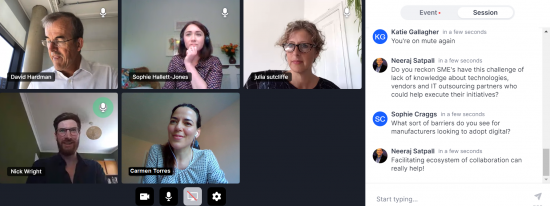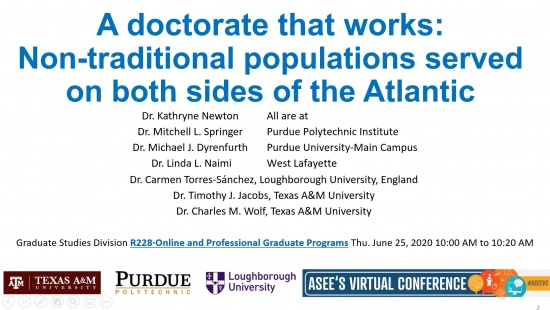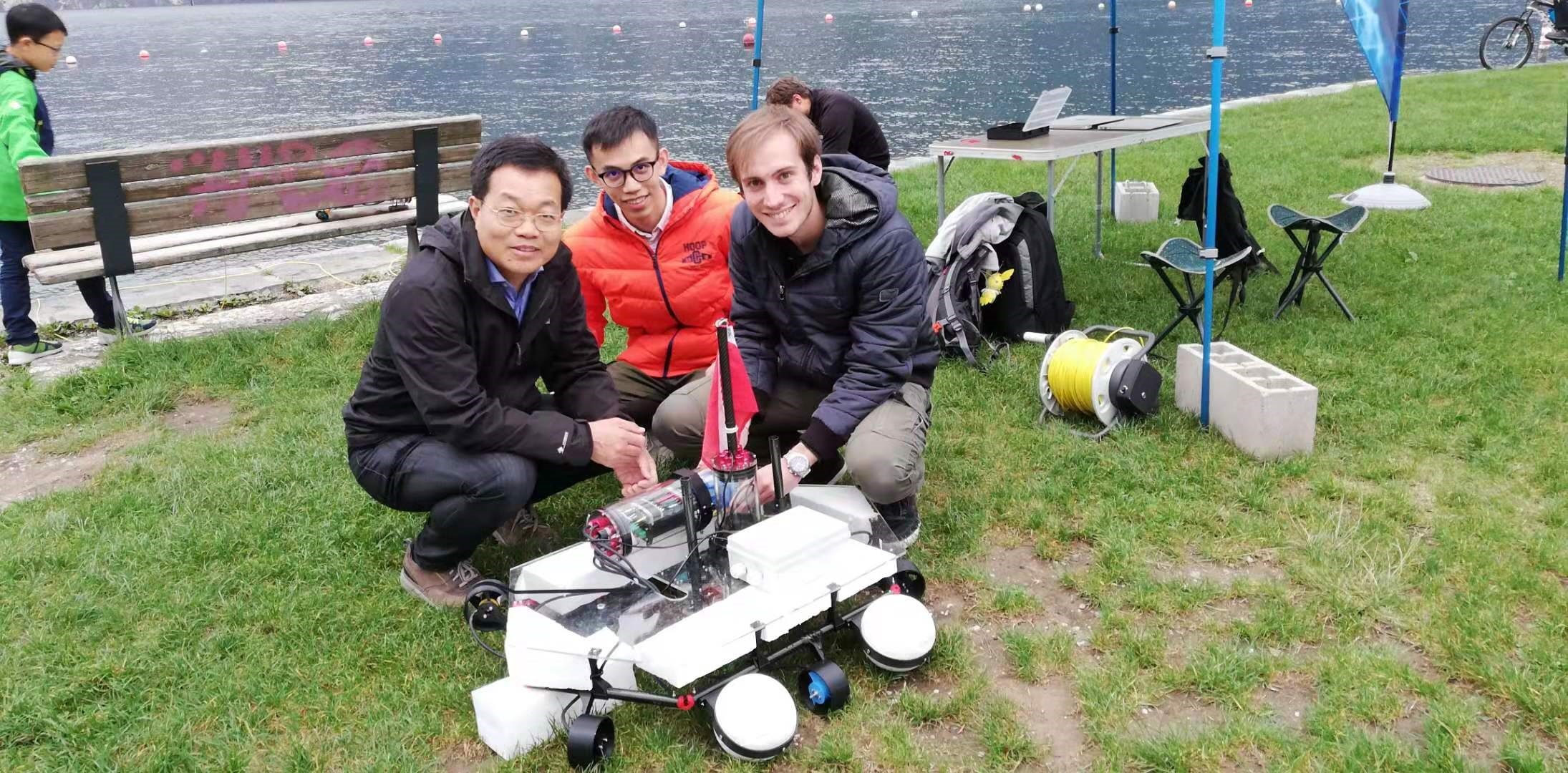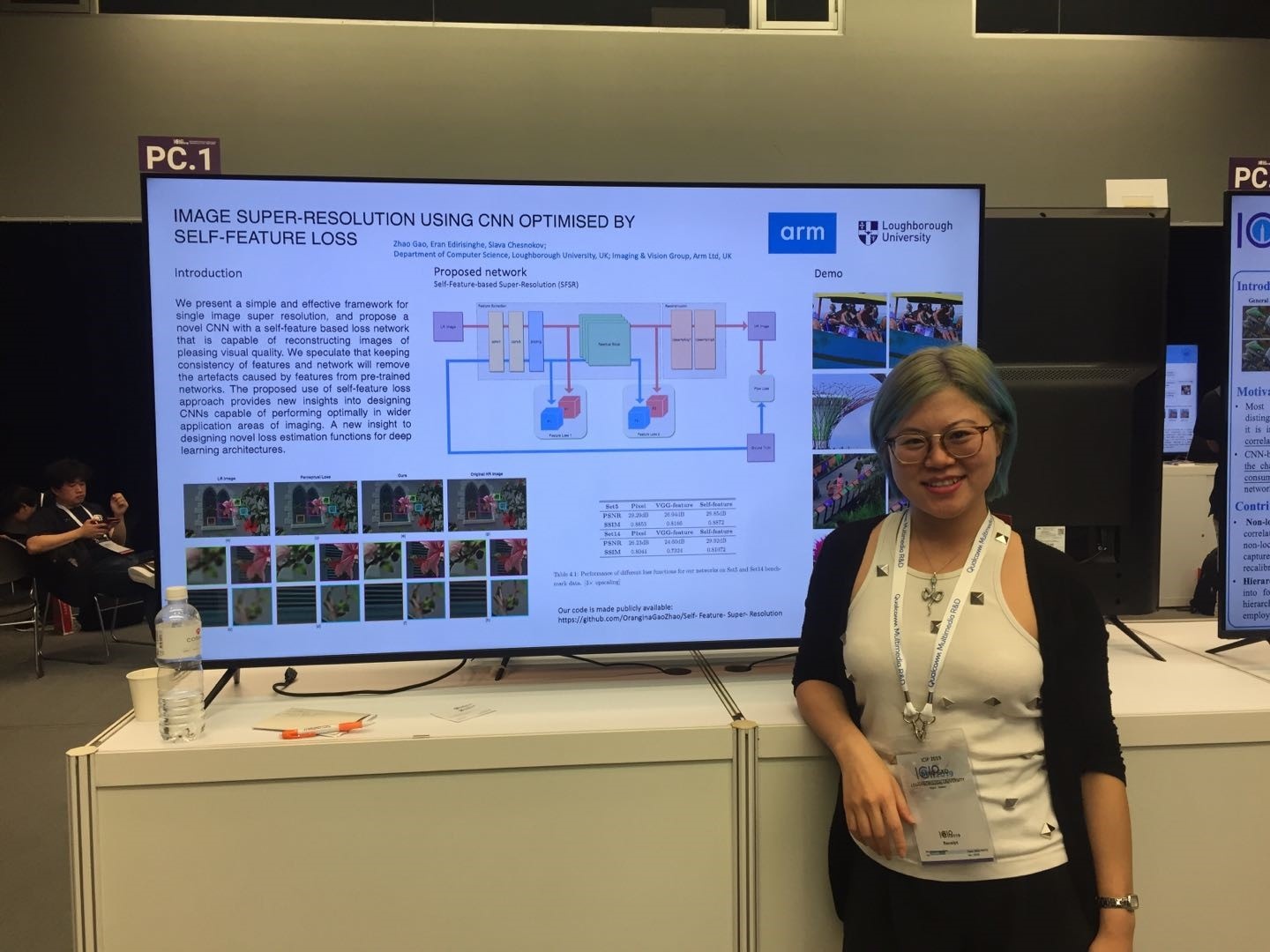The day event organised by the UKTech Cluster Group (https://uktechclustergroup.com/) was aimed to discuss how to tackle the issues stemming from the Covid-19 disruption and what practical plans the public sector should put in place by utilising the tech & the startup communities across the UK.
The event was split into different sessions which can be found here.
https://uktechclustergroup.com/the-recovery-roadmap-summit/
One of the afternoon sessions was dedicated to understanding international recovery programmes and to learn from best practices. The Executive Director of the EPSRC CDT in Embedded Intelligence, Dr Carmen Torres-Sanchez, was invited to contribute to the ‘Tech for smart manufacturing’ Panel facilitated by David Hardman MBE, iCentrum Managing Director, in the Supporting the Entire Economy session. Other speakers of that panel included: Julia Sutcliffe (Chief Technologist and Director Air Labs at BAE Systems), Nick Wright (Head of Manufacturing Industries, Digital Catapult), and Sophie Hallet-Jones (CEO of Protean Advanced).

The topics discussed in the session were:
• Why is now the right time to be making investments in the 4th industrial revolution?
• What should the regions be doing to develop capability to drive the 4th industrial revolution in the UK?
• What are the challenges and potential solutions to developing more digital tech capability for the manufacturing sector and are there existing initiatives that people should be aware of and can benefit from?
• How could we make the most of what we’ve got to address the impact of the Covid-19 pandemic as a reset- point; a pivot-point or just a catalyst for change that was already underway.
The discussion between the speakers and the questions from the audience showed a significant interest around SMEs and the ecosystem they form.










